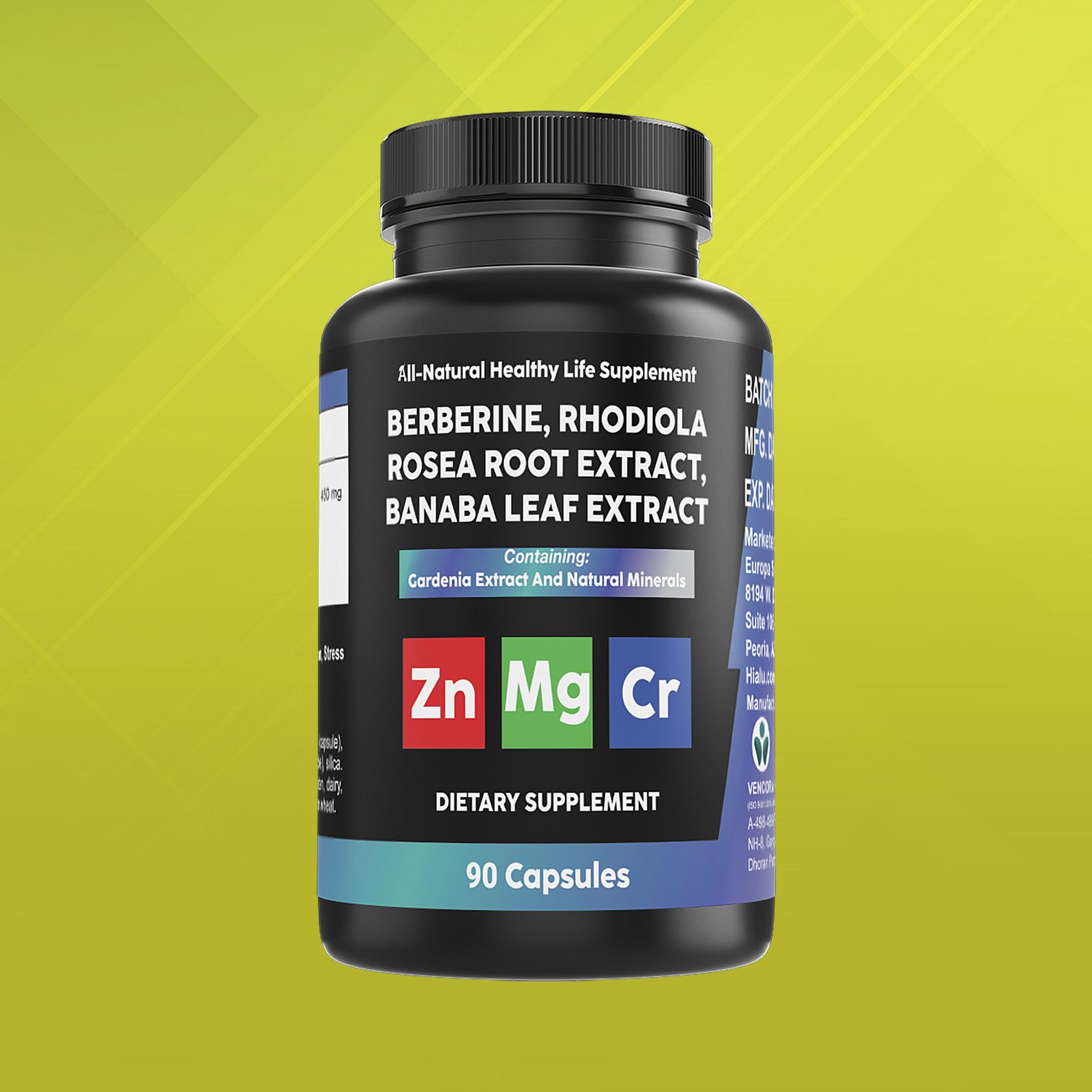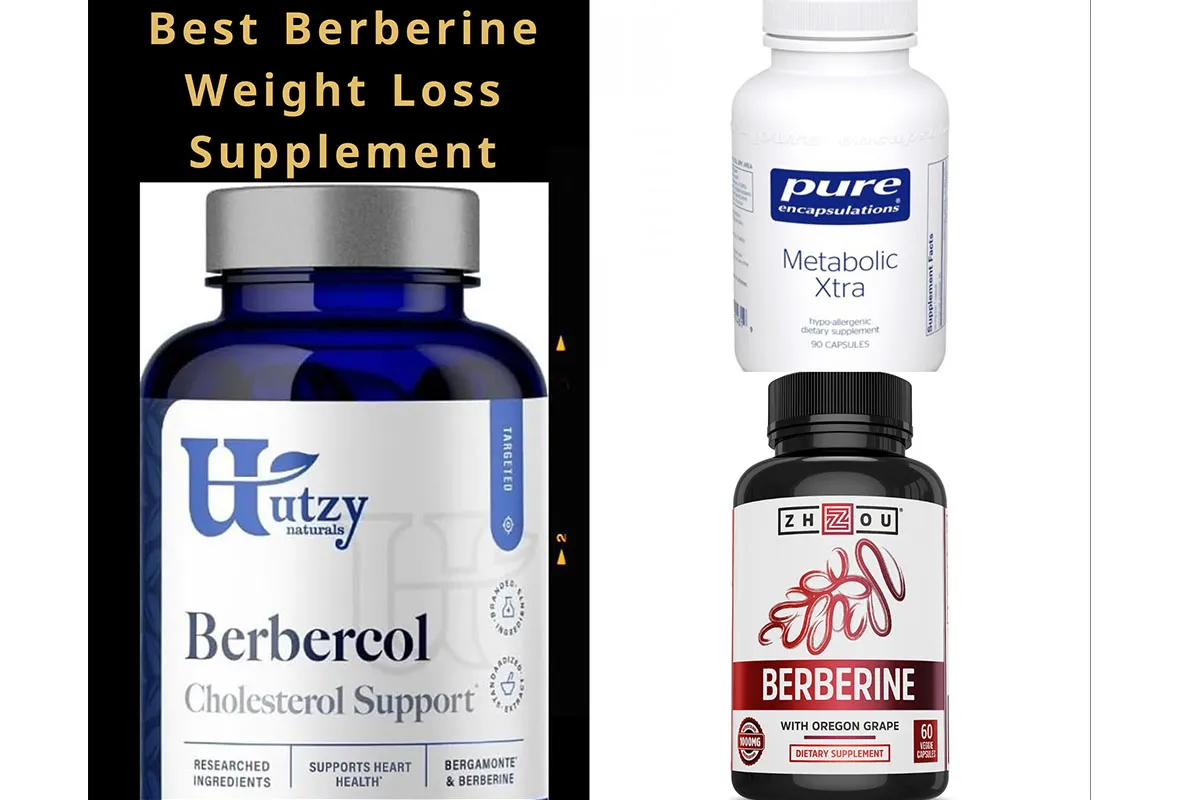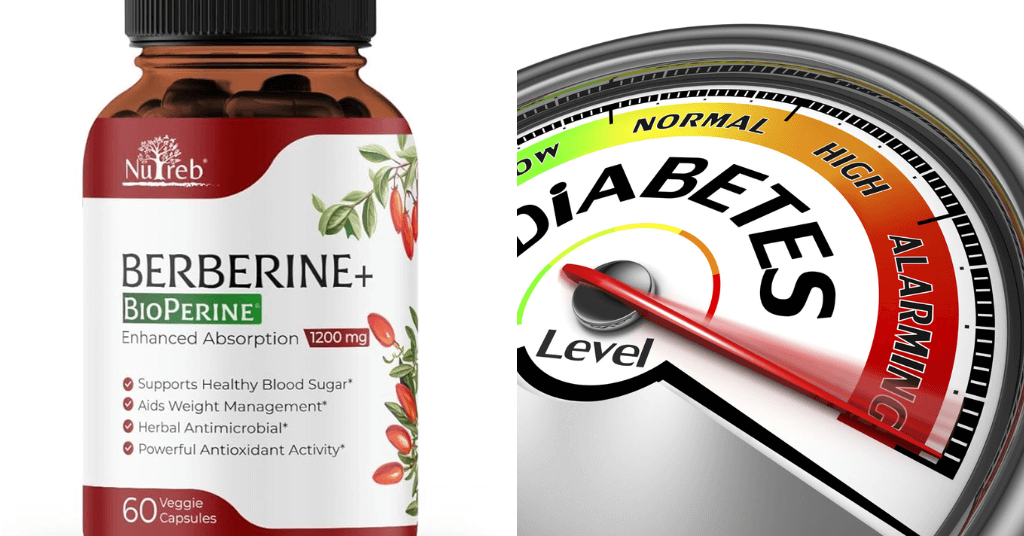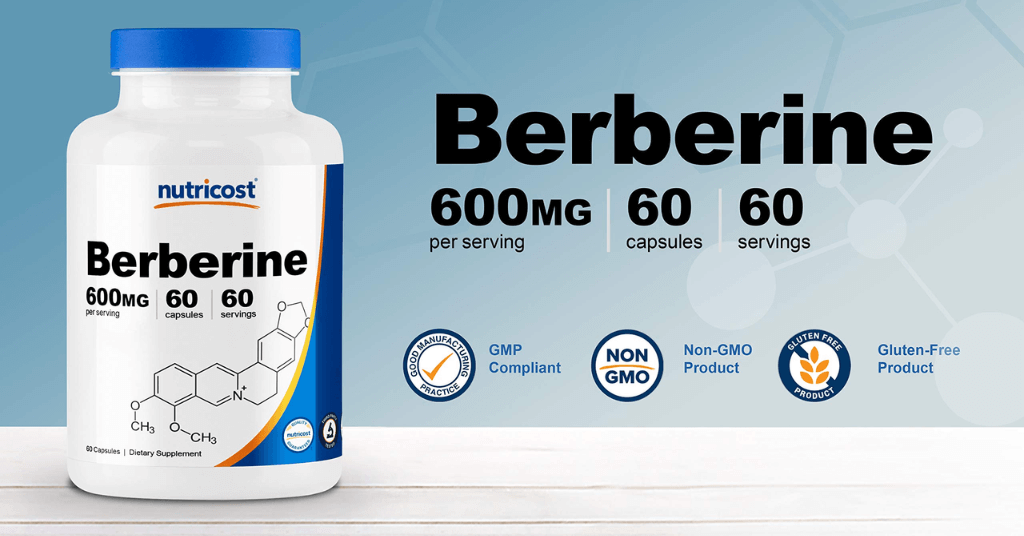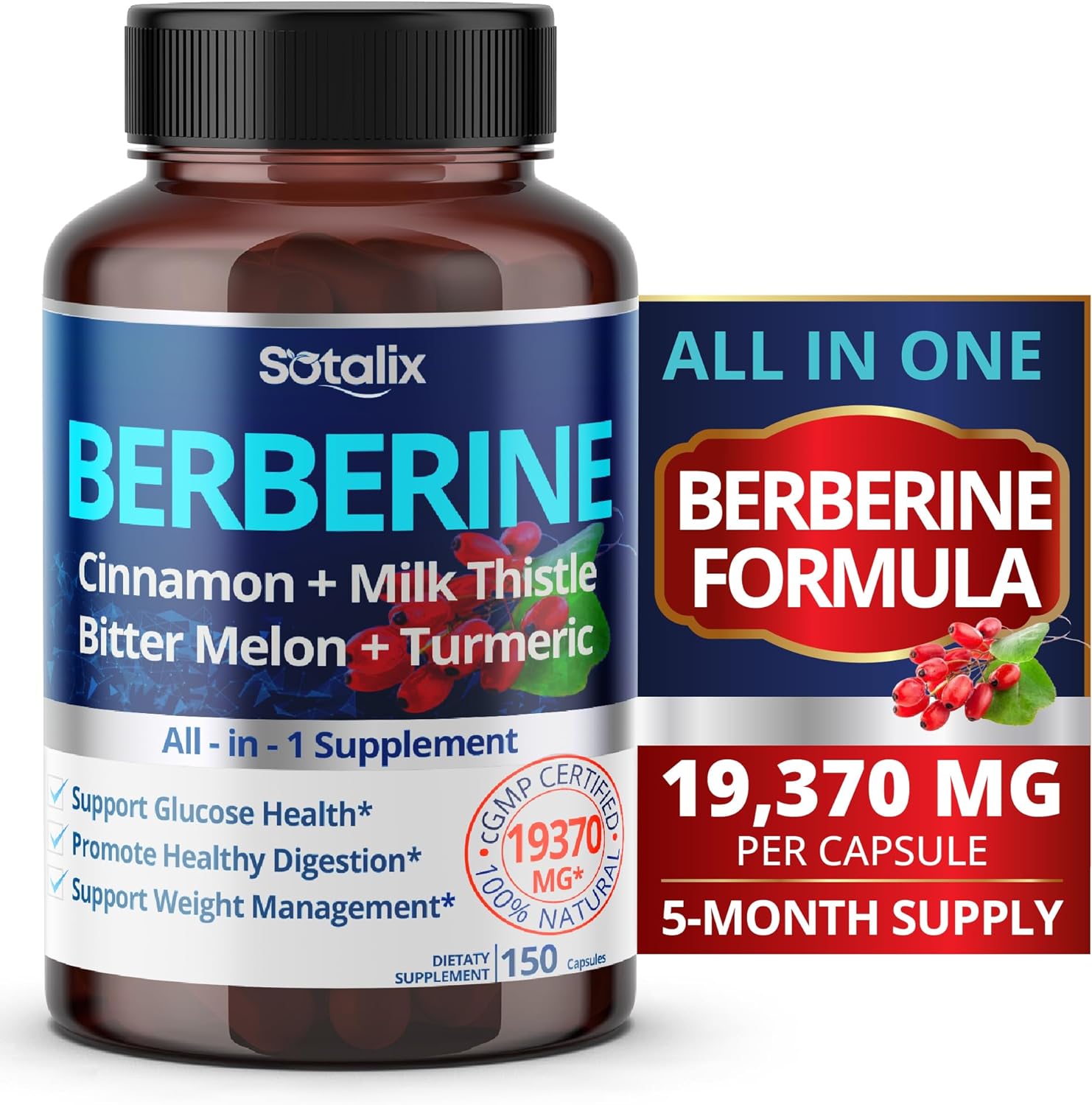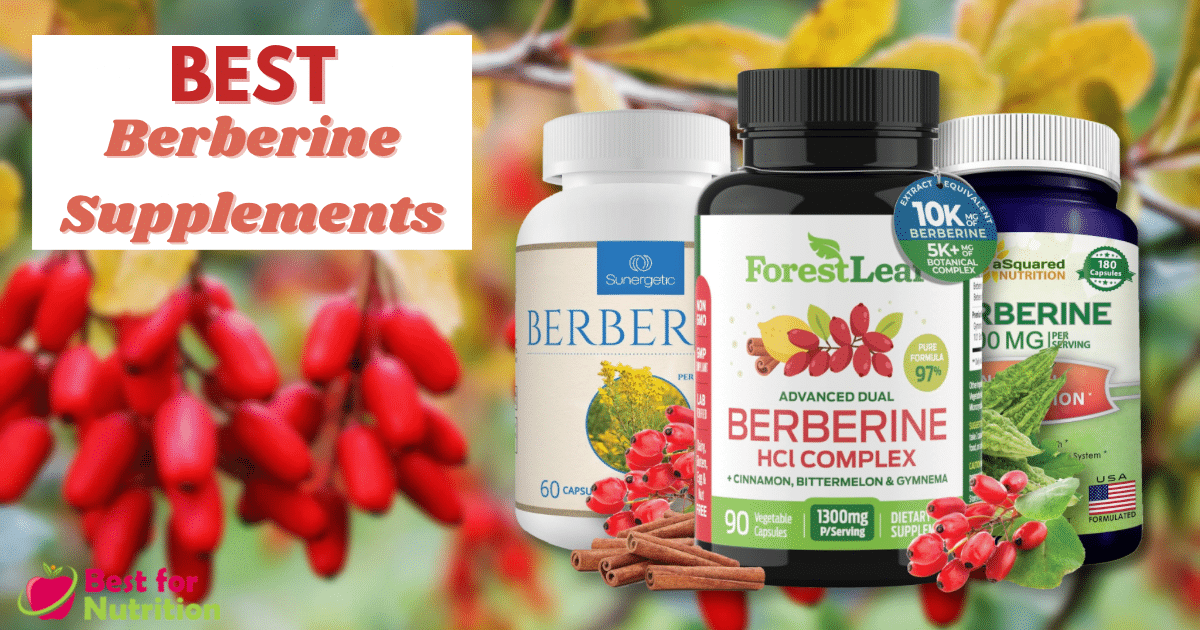What Is The Best Brand Of Berberine For Weight Loss

The quest for effective weight loss solutions has fueled a booming market for supplements, with berberine emerging as a frontrunner. But navigating the sea of brands, each promising superior results, can leave consumers feeling lost and confused. This article aims to cut through the noise and provide a balanced, evidence-based look at what factors truly determine the "best" berberine brand for weight loss, moving beyond marketing hype to focus on quality, bioavailability, and scientific backing.
At its core, the question isn't necessarily about identifying a single "best" brand, but rather understanding which products meet specific criteria that maximize potential benefits and minimize risks. This involves scrutinizing manufacturing practices, berberine source and purity, dosage, and the presence of other ingredients that may enhance or hinder its effects. It also requires acknowledging that berberine's effectiveness can vary depending on individual factors like genetics, diet, and lifestyle.
Understanding Berberine and Its Potential for Weight Loss
Berberine is a naturally occurring compound found in several plants, including goldenseal, barberry, and tree turmeric. It has been used in traditional medicine for centuries, primarily for its antimicrobial and anti-inflammatory properties. Recent research suggests that berberine may also play a role in regulating blood sugar, improving cholesterol levels, and promoting weight loss.
Studies indicate that berberine can activate AMPK (adenosine monophosphate-activated protein kinase), an enzyme often referred to as the "metabolic master switch." AMPK activation can lead to increased glucose uptake in cells, reduced glucose production in the liver, and improved insulin sensitivity. These effects collectively contribute to better blood sugar control and potentially, weight management.
While promising, it’s crucial to remember that most studies on berberine and weight loss have been relatively small and short-term. More research is needed to fully understand its long-term efficacy and safety, particularly in diverse populations.
Key Factors in Choosing a Berberine Brand
Purity and Source: The purity of berberine extract is paramount. Look for brands that provide third-party testing results to confirm the absence of contaminants like heavy metals and other adulterants. The source of berberine, while less critical than purity, may influence the overall quality and sustainability of the product.
Dosage and Bioavailability: Most studies use dosages ranging from 500mg to 1500mg per day, typically divided into multiple doses. However, berberine has relatively poor bioavailability, meaning that a significant portion of the ingested dose is not absorbed into the bloodstream. Some brands incorporate ingredients like piperine (black pepper extract) to enhance bioavailability.
Third-Party Certification: Look for products that have been tested and certified by independent organizations like NSF International, USP, or ConsumerLab.com. These certifications verify that the product contains what it claims to contain, in the stated amount, and is free from harmful contaminants.
Manufacturing Practices: Choose brands that adhere to Good Manufacturing Practices (GMP). GMP certification ensures that the product is manufactured in a controlled environment, following strict quality control procedures. This minimizes the risk of contamination and ensures product consistency.
Navigating the Market: Brands and Their Claims
Many brands market berberine supplements, each with its own unique selling points. It's crucial to critically evaluate these claims and focus on evidence-based information. Avoid brands that make exaggerated promises or use unsubstantiated testimonials.
Some well-known brands include Thorne Research, NOW Foods, and Integrative Therapeutics. These companies are generally regarded as reputable and offer berberine supplements with third-party testing. However, even with reputable brands, it's essential to review the specific product label and third-party test results.
Generic brands may be cheaper, but they often lack the rigorous testing and quality control measures of established brands. While not all generic brands are inherently bad, the risk of purchasing a low-quality or contaminated product is generally higher.
Beyond the Brand: A Holistic Approach to Weight Loss
It's crucial to remember that berberine is not a magic bullet for weight loss. It should be viewed as a potential adjunct to a healthy diet and exercise program. Relying solely on berberine without addressing underlying lifestyle factors is unlikely to produce significant or sustainable results.
A balanced diet rich in whole foods, regular physical activity, and adequate sleep are all essential components of a successful weight loss strategy. Consulting with a healthcare professional or registered dietitian can help you develop a personalized plan that addresses your individual needs and goals.
Before starting any new supplement regimen, including berberine, it's essential to consult with your doctor. Berberine can interact with certain medications, such as those for diabetes and blood pressure. It's also not recommended for pregnant or breastfeeding women.
The Future of Berberine Research
Research into berberine's potential health benefits is ongoing. Future studies may shed more light on its long-term effects, optimal dosages, and potential applications in managing various health conditions. Understanding the nuances of berberine's mechanism of action will pave the way for more targeted and effective interventions.
Advances in bioavailability-enhancing technologies could also lead to more potent and efficient berberine formulations. Researchers are exploring novel delivery systems, such as liposomes and nanoparticles, to improve berberine's absorption and distribution in the body.
Ultimately, the "best" berberine brand is the one that meets your individual needs and is used responsibly as part of a comprehensive approach to health and wellness. Choosing a reputable brand with transparent testing practices is a crucial first step, but it's equally important to adopt a holistic lifestyle that supports your weight loss goals.





![What Is The Best Brand Of Berberine For Weight Loss etc. Berberine Weight Loss Gummies - [100% Real] Benefits & Side Effects!](https://www.wellbiotricks.com/wp-content/uploads/2024/03/etc.-Berberine-Gummies-for-Weight-Loss.png)

